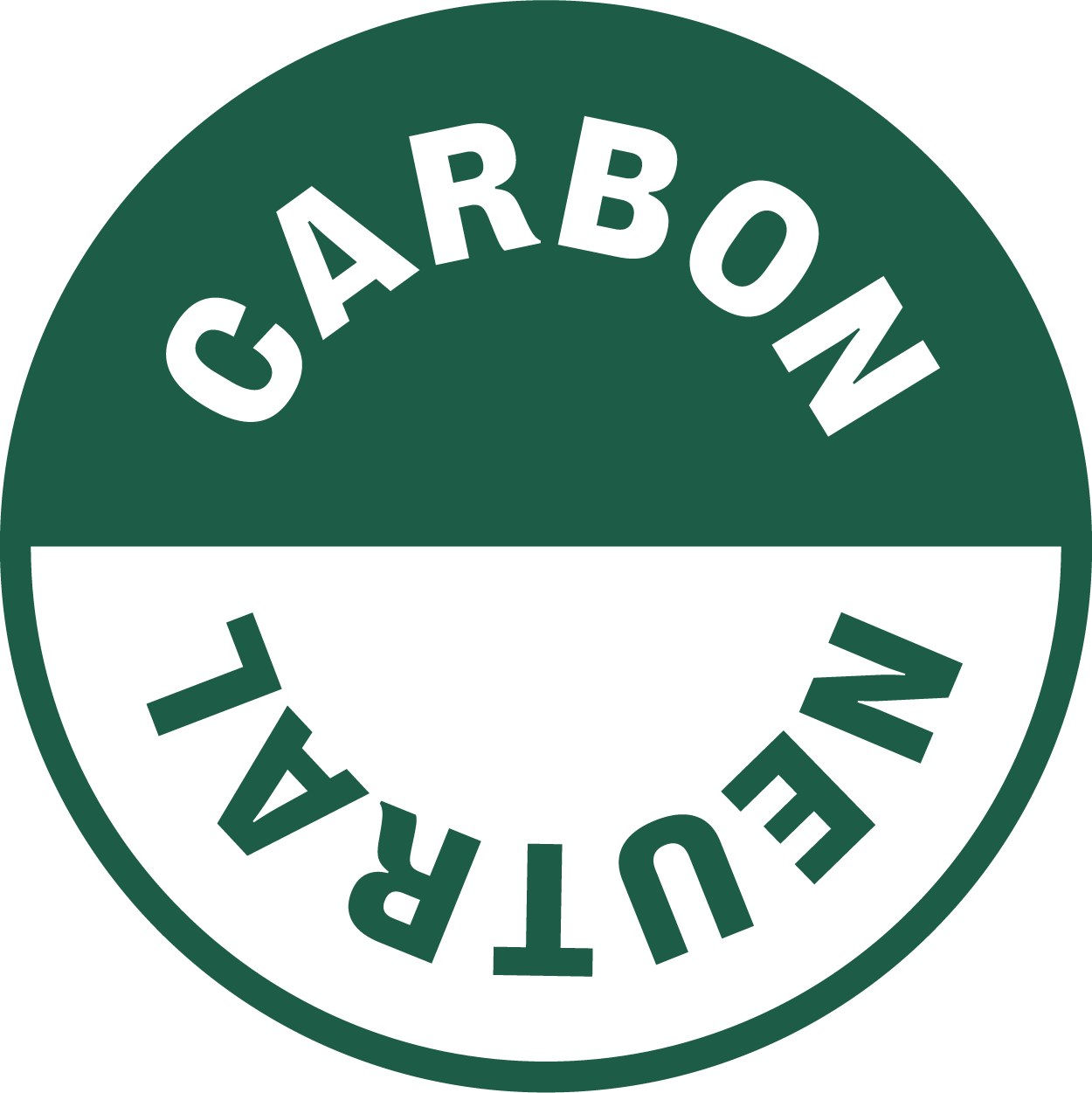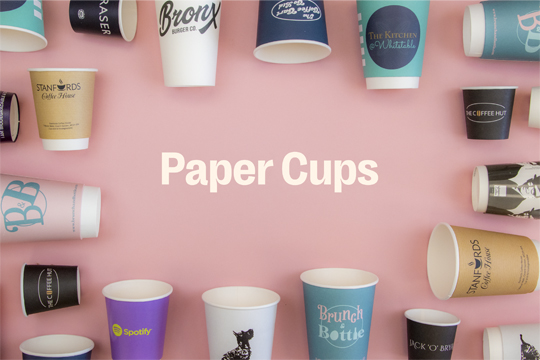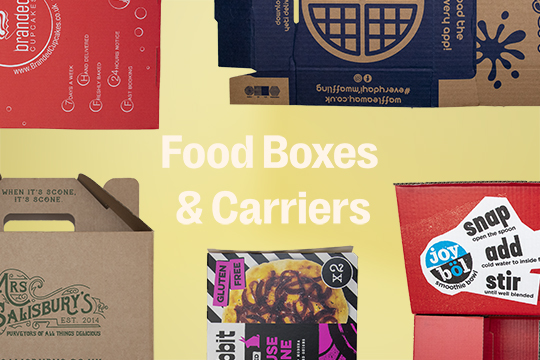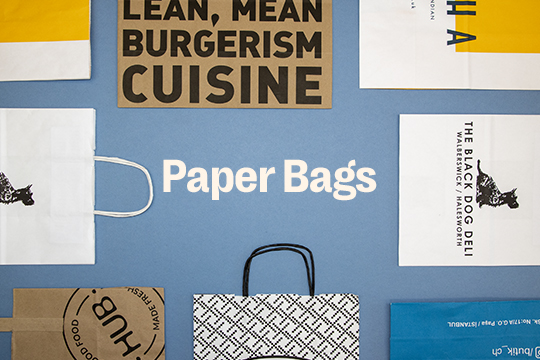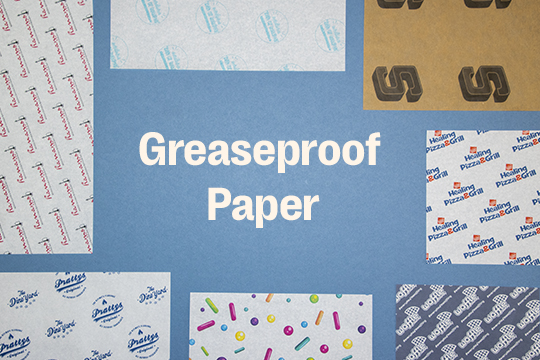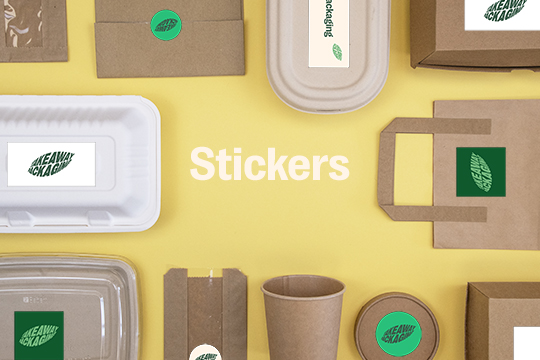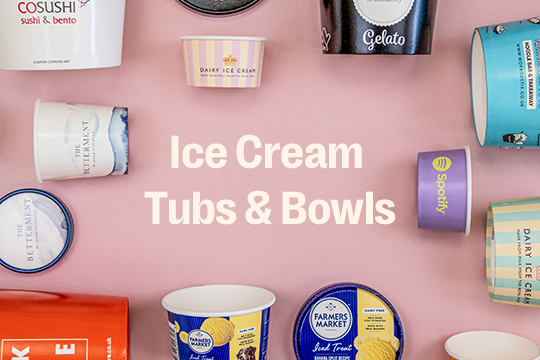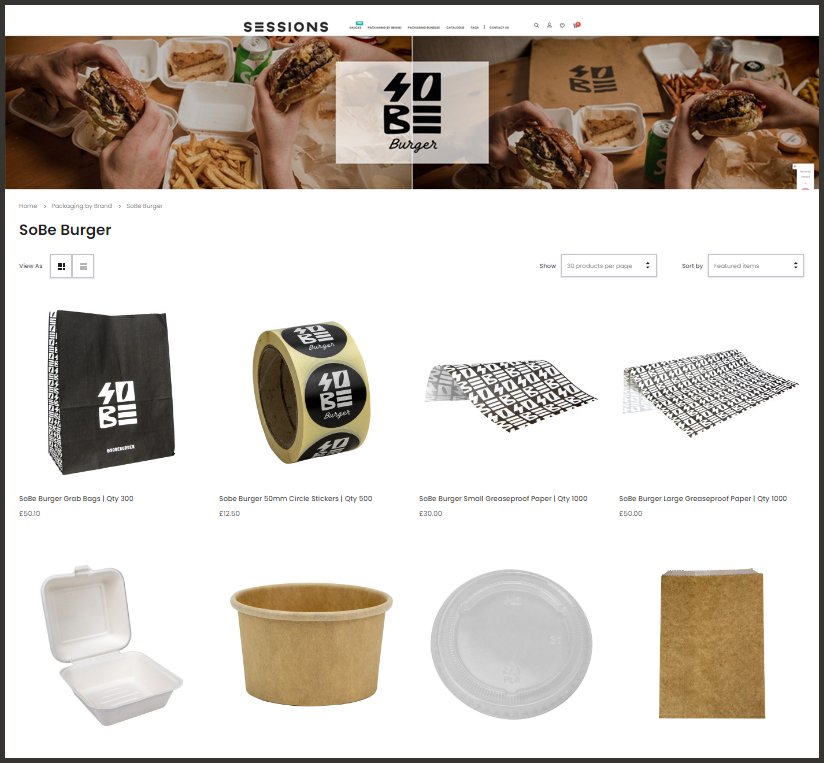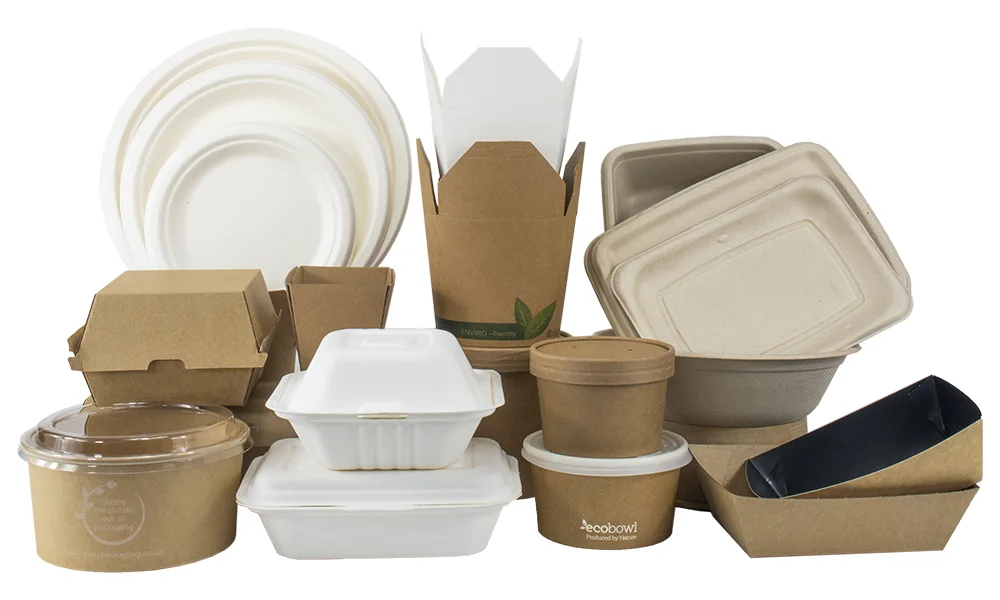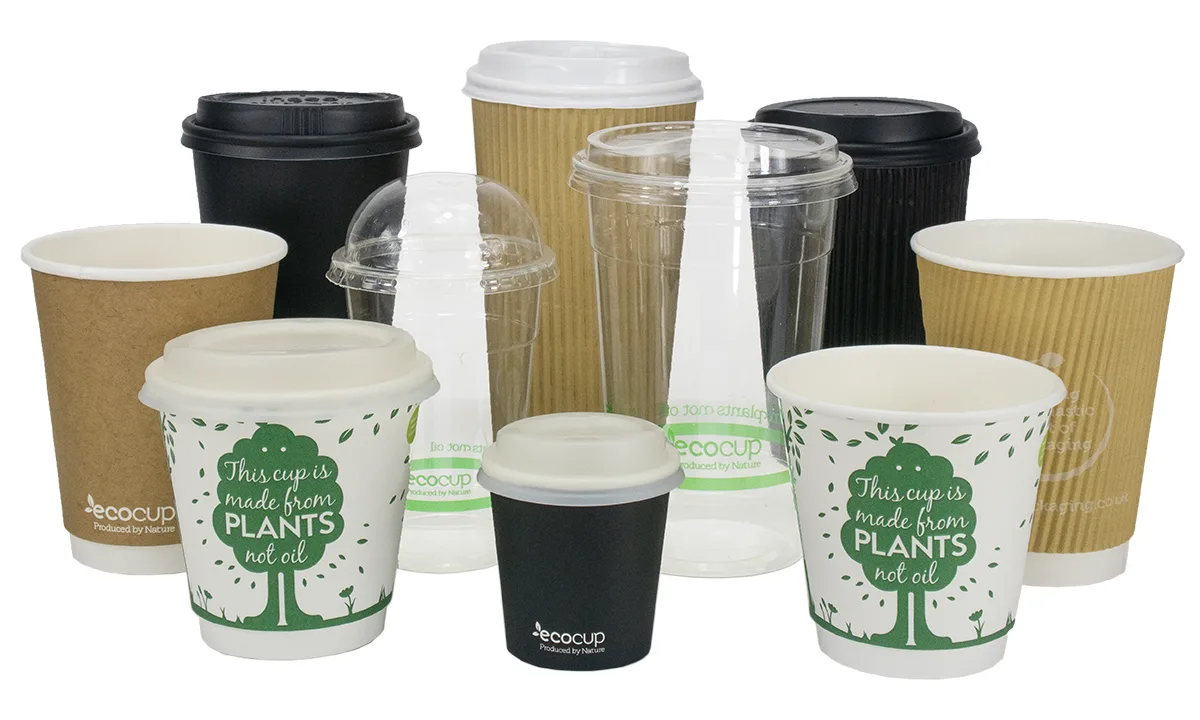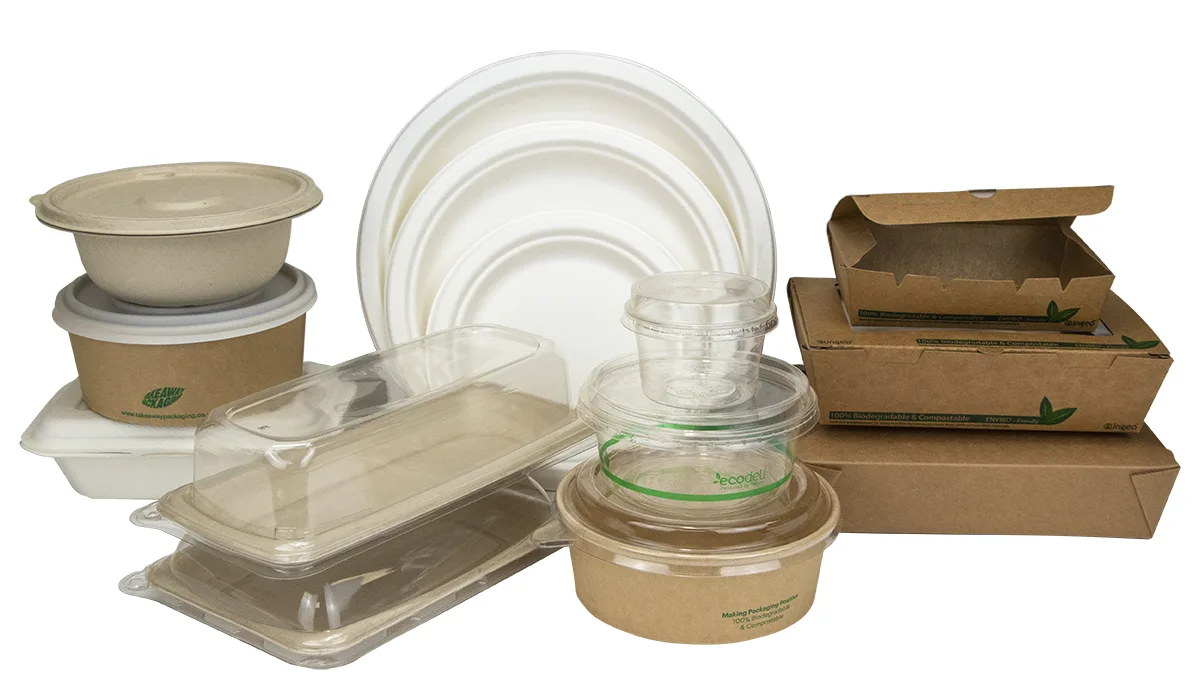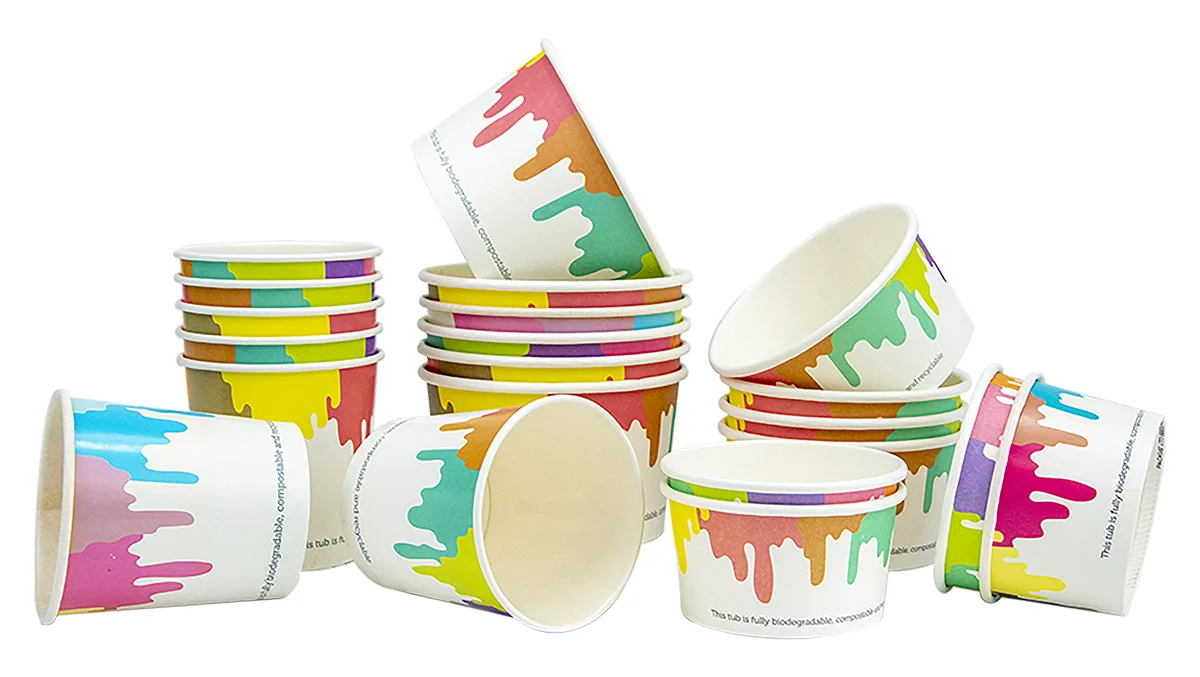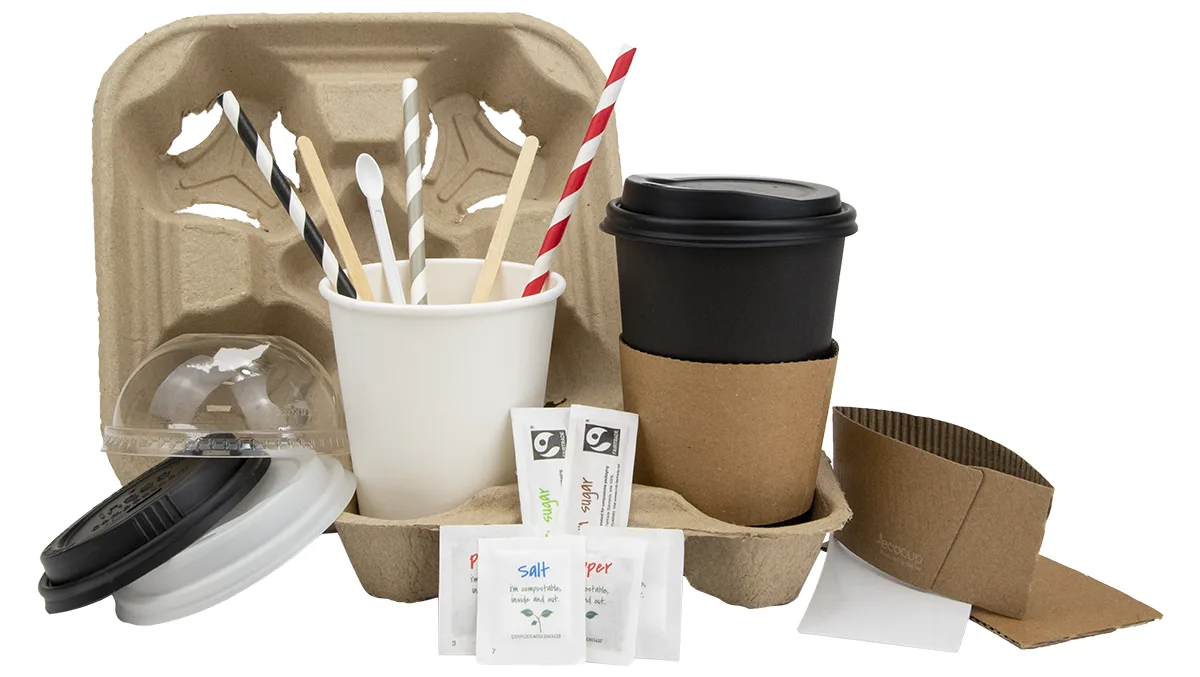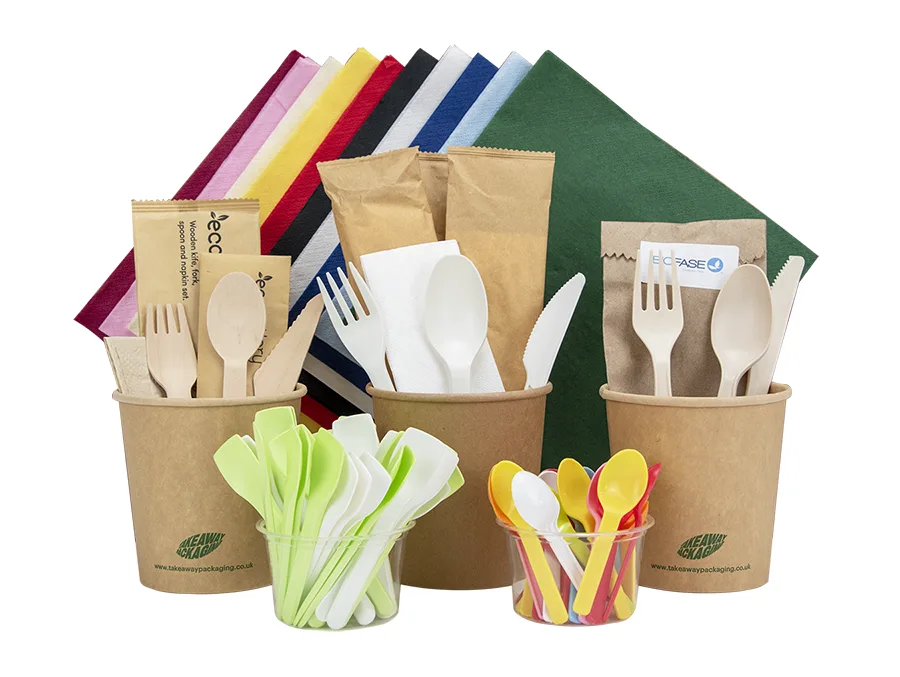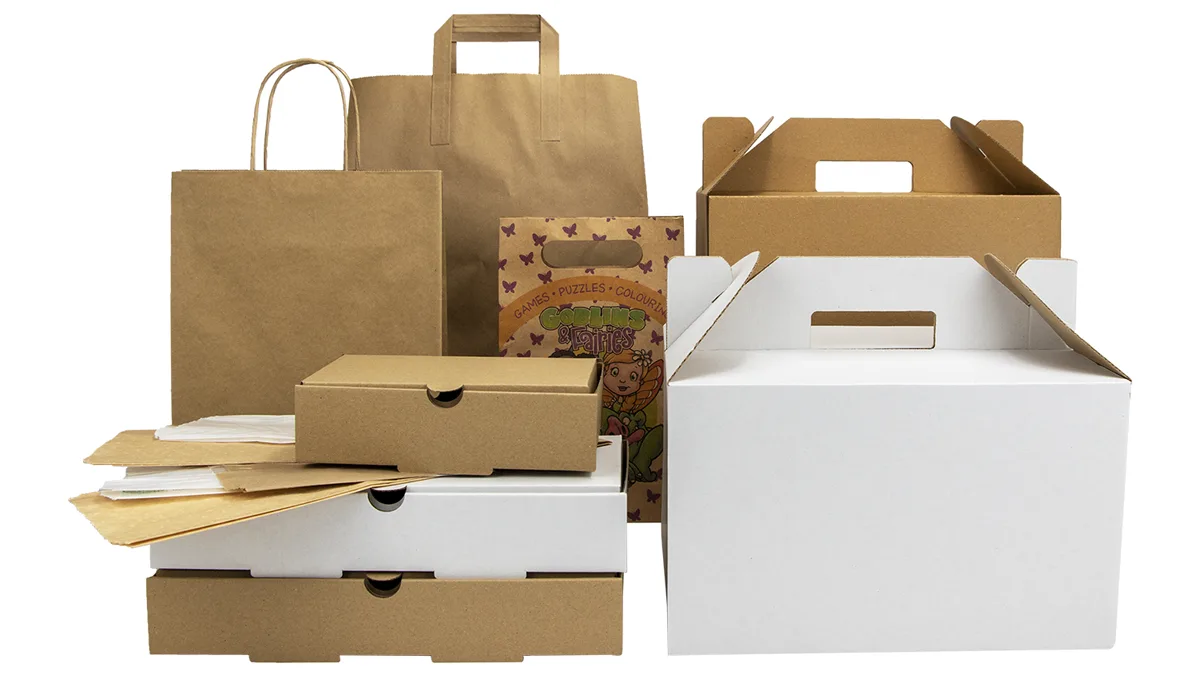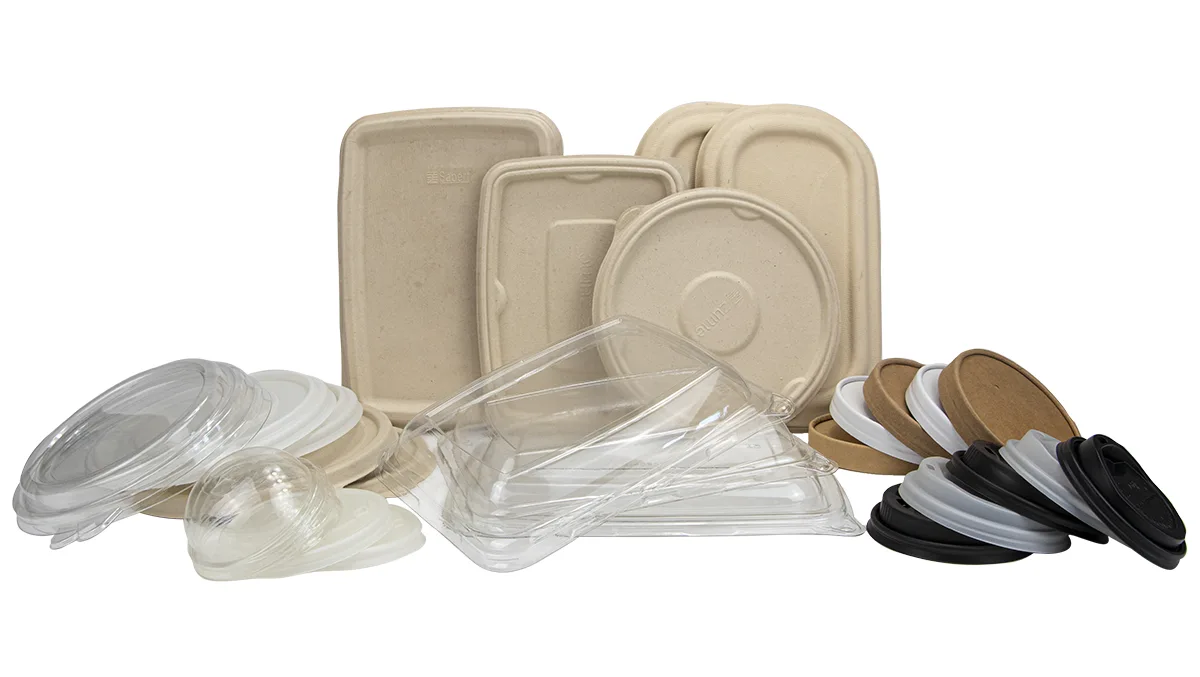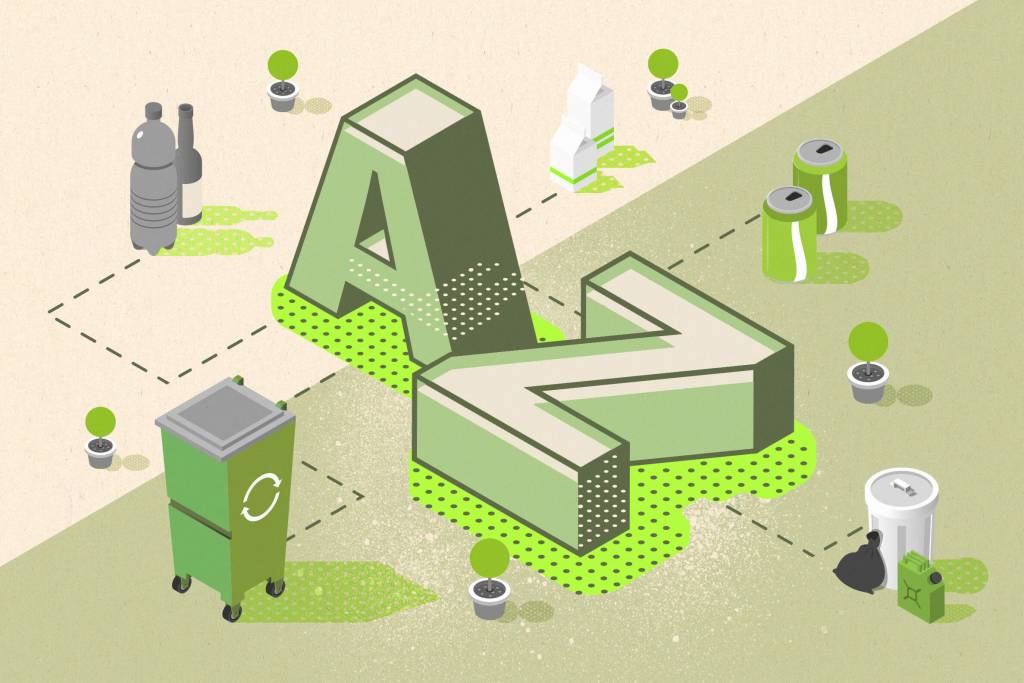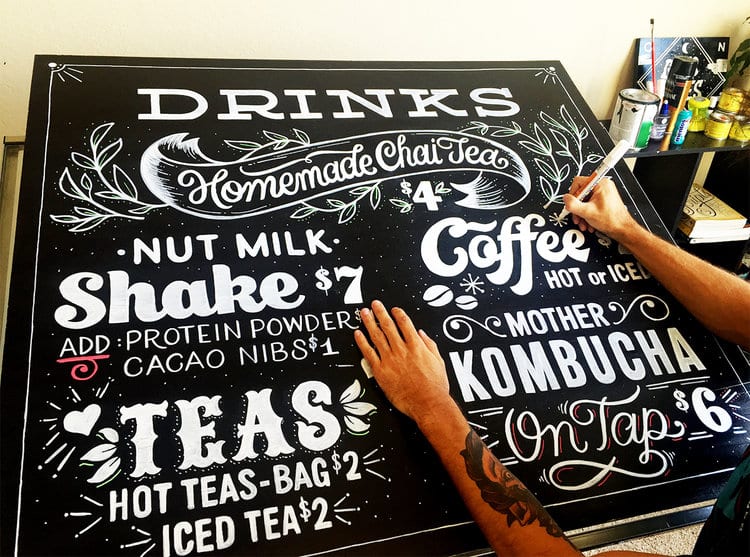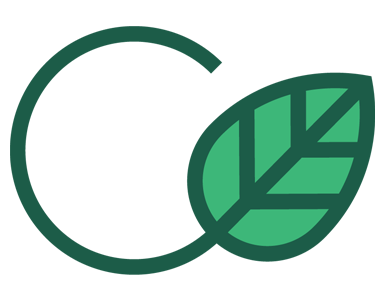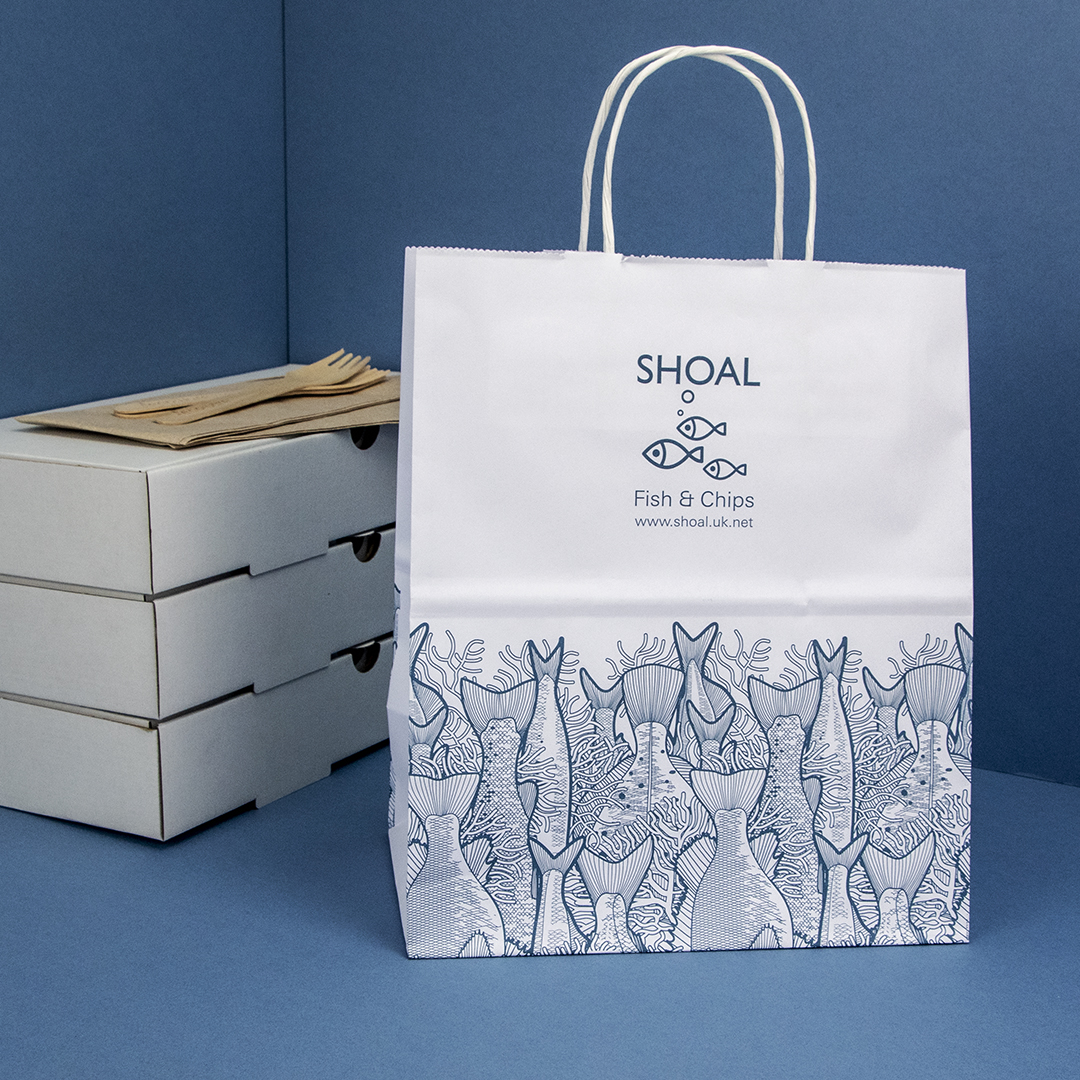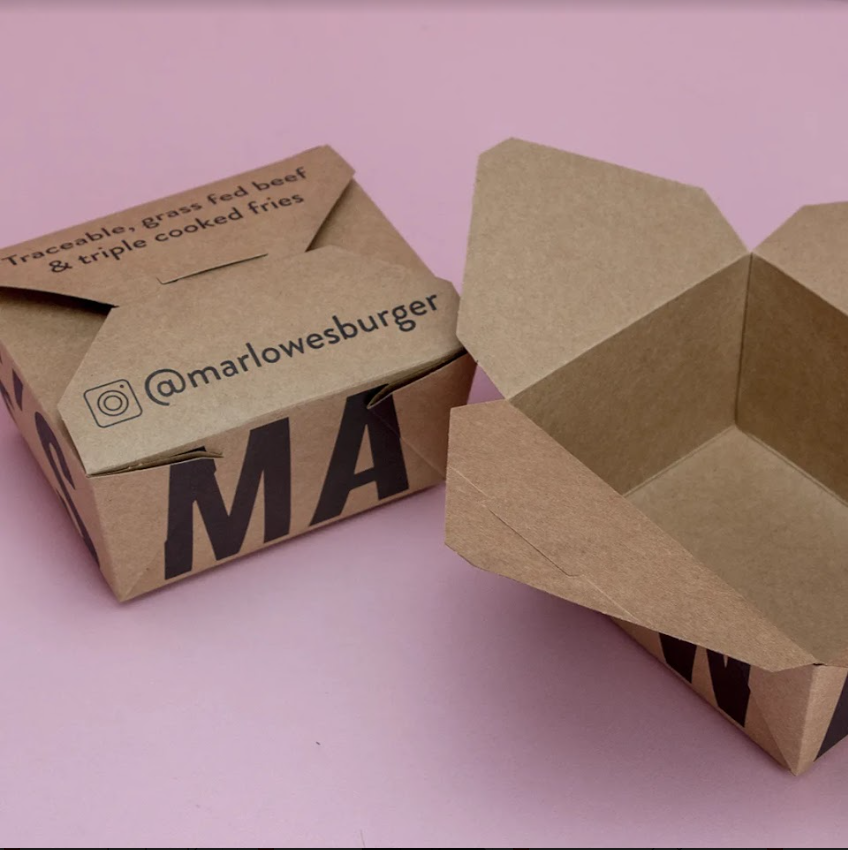How can I reduce waste? By reciting the alphabet of course! Follow our A-Z of waste reduction for twenty-six ways to live waste-free.
Have you been nagged at by a friend to be more environmentally conscious? Are you sick of seeing negative news reports about how there’s no plan-et B? Either way, it’s easy to do your bit for the environment and we’ll show you how.
A Is for Asking for Help
Use your words, people! That’s right — being waste-free is a hard slog. As such, it’s a good idea to ask forum members, online groups and local communities for some tips and tricks.
B Is for Being Charitable
Reducing your carbon footprint is great. But to make a real difference, you must get stuck into fixing what’s already damaged. That means showing up at ocean cleanups and volunteering at waste-free cafes. These activities will give you a real “green” status and help you to build a network of eco-friendly friends.
C Is for Composting
Chuck your veggies and fruits in a compost bin, instead of the general waste. Splitting up your minimal junk will help to reduce your existing waste even further. It will also give your garden plenty of nutrients! Stuck in an apartment? Feed leftover veggie waste to your indoor plants.
D Is for Dodging Plastic Bags
The UK has made it pretty crystal clear that plastic bags are a huge no-no. Skip buying plastic bags at the supermarket and load up your car with loose items or regularly use a cotton tote bag to help keep your harmful waste to a minimum. Plus, you’ll save five pence here and there for some rainy day savings!
E Is for Environmental Picnics
Beware! Don’t get too carried away if you see a bit of rare sunshine peeking through the clouds. If you plan to enjoy a quintessentially British picnic, make sure to steer away from disposable cutlery and plates. Eco-friendly food packaging should only be used in commercial settings, if possible.
F Is for Food Prepping
There’s no denying food waste is well, a waste. Prepare your meals ahead of time like a super gym bunny. Stack up your glass Tupperware and make meals in bulk to avoid throwing out excess groceries. Too late? Don’t worry — you’re only human. If you have food items in your fridge about to expire, donate them to a local food shelter.
G Is for Grannie Skills
Get your grannie to teach you the ropes of knitting and household repairs. It’s time to take back the sewing kit and stop labelling broken items as useless junk. To avoid being stuck at a workstation all day fixing loose buttons and stitching up seams, switch to buying quality items over quantity.
H Is for Hygiene Products
Ladies, this one is for you! When Aunt Flo is in town, greet her with a reusable menstrual cup or purpose-made underwear. Most of us have ditched single-use products like bags and straws, yet we’ve forgotten about our precious period pads that are 90% plastic. Yikes!
I Is for Insect Dieting
Get snacking! Across the globe, people are switching to a protein-packed bug-based diet to get all of the nutrition of meat without any of the harmful farming. Did you know a tasty caterpillar can contain up to 21g of protein? Bon appetit.
J Is for Jam Jars
Save your used up jam jars for alternative purposes. Need a vase for a new bunch of flowers? A desk holder for your beloved stationery? A cup to hold your makeup brushes? Sorted.
K Is for Knowing Your Plastics
Shock horror — not all plastics are bad. Getting clued up on different plastic types could make your life so much easier. You can use bioplastics with way better waste-credentials than common plastic types and still feel the benefits of the nation’s most-hated material.
L Is for Loose Food Items
Round up your mason jars, glass containers and cotton totes! It’s time to do a supermarket sweep. You can dramatically cut down your weekly waste by buying loose food items like nuts, seeds and fruits. By bringing your own containers to the supermarket, you could return home with zero packaging and receive a discount at the checkout. Caffeine addict? Do the same thing on your regular coffee run and make some serious savings on those crucial cappuccinos.
M Is for Metal Straws
If your brunch doesn’t already come with a paper straw, it will be in 2020 when all plastic straws are banned in the UK. Until then, carry around a metal straw to avoid resorting to plastic alternatives.
N Is for Natural Product-Making
Struggling to find a shampoo or kitchen cleaner with the correct waste-credentials? Make your own instead. There are thousands of quick guides online that provide directions on easy-to-make natural products. Our favourite? Mix warm water, baking soda and vinegar to form a mix before adding a whole lemon and pouring into a spray bottle for totally innocent kitchen cleaner.
O Is for Obliterating Paper Billing
There’s no reason not to go 100% digital with your billing and invoicing. It takes a click of a button to turn off physical mailing. At most, you’ll have to give your bank a quick call to ask for a paperless account. What’s more, this keeps your financial information secure with no risk of your monthly statements getting lost in the post.
P Is for Pie-ing Polyethylene Terephthalate
Eh? It’s a complicated name, but the premise is simple. Polyethylene Terephthalate (also known as PET) is a pesky plastic used in the creation of standard water bottles. It has a brittle texture and is easily mould-able meaning it forms microplastics — impossibly small fragments of plastic. Microplastics endanger marine life and worryingly, our health after years of consumption.
Q Is for Questioning Relentlessly
Curiosity killed the cat, but it will keep your waste-free endeavour alive. Never be afraid of asking for confirmation, extra support or clarification. Unsure whether a product is environmental? Reach out to an ecological network and grill the supplier.
R Is for Relaxing with David Attenborough
Spend a few hours with national treasure, Sir David Attenborough as he lays down the law of climate change. The BBC One documentary Climate Change — The Facts is available as a full-length feature documentary or as a four-minute round-up for those in a rush.
S Is for “Spend-Fasting”
Time for a test! Set yourself a 30-day challenge to spend zero money on non-essential items. Apart from living costs, your bank balance should go untouched to get you in the habit of reusing, rather than repurchasing. Hey, at the end of it all, you might just have saved up enough to go on a well-deserved holiday.
T Is for Ticketed Items
Another cost-saving and planet-saving action is searching for ticketed items in the supermarket. This practice dramatically reduces national food waste as supermarkets have to throw sell-by-date food away due to industry regulations. In UK supermarkets, these soon-to-expire foods are usually marked with a yellow label to signify a heavily discounted cost. If you get to know each supermarket’s routine, you could be feeding your family fresh produce for as little as £20 per week.
U Is for Understanding Environmental Impact
Don’t rush into a waste-free lifestyle before knowing the facts. First, get clued up and make sure you understand the environmental impact as everything isn’t always as it seems. Streaming Netflix is worse than buying a mail-order movie. Buying a cotton tote could be a catastrophe depending on its usage. Do your research.
V Is for Veganism
If you’re serious about reducing waste, you need to remove dairy and meat from your diet. Experts say going vegan is the single biggest way to reduce personal environmental impact. Excessive meat-farming emits an astronomical amount of emissions that can be worse than driving a fuel-leaking car. Ouch!
W Is for Water without Guilt
Fresh drinking water should be easily accessible to everyone, but we should stop using disposable water bottles to quench our thirst. Easily avoid contributing to the plastic crisis by carrying a reusable water bottle for on-the-go hydration.
X Is for Xmas Trees
Plant a real Christmas tree (instead of a fake plastic version). Not only will you get to enjoy the tradition of picking a perfect fir tree as they do in the movies, but you’ll also help to save the planet. Let’s make Christmas tree farming thrive as it promotes oxygen production, absorption of carbon dioxide and refuge for wildlife amongst other natural benefits.
Y Is for Yelling (Politely)
In true British style, make a stand without causing a nuisance. Peaceful protesting can raise mass awareness around social and environmental issues. Other environmental activists might take a disruptive stance, stopping planes with drones and glueing their butts to parliament buildings (see the BBC’s full stories for your entertainment). But we think a compelling sign and cheerful chant will do just fine.
Z Is for Zzzz
Or do absolutely nothing! Reducing waste is all about doing less. Driving less. Eating less. Wasting less. Consuming less. So, put your feet up and order an environmental takeaway before having a conservational snooze.
In a hurry? Check out our related reading: How to Reduce My Carbon Footprint at Home (in Less Than Seven Days).

